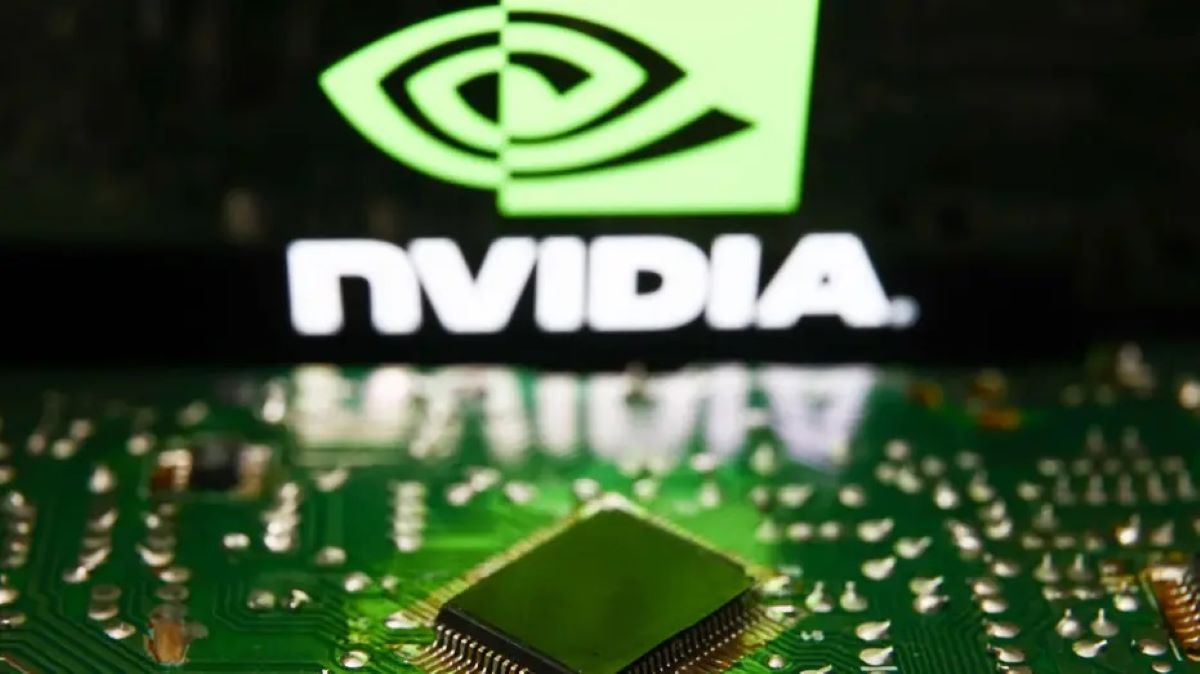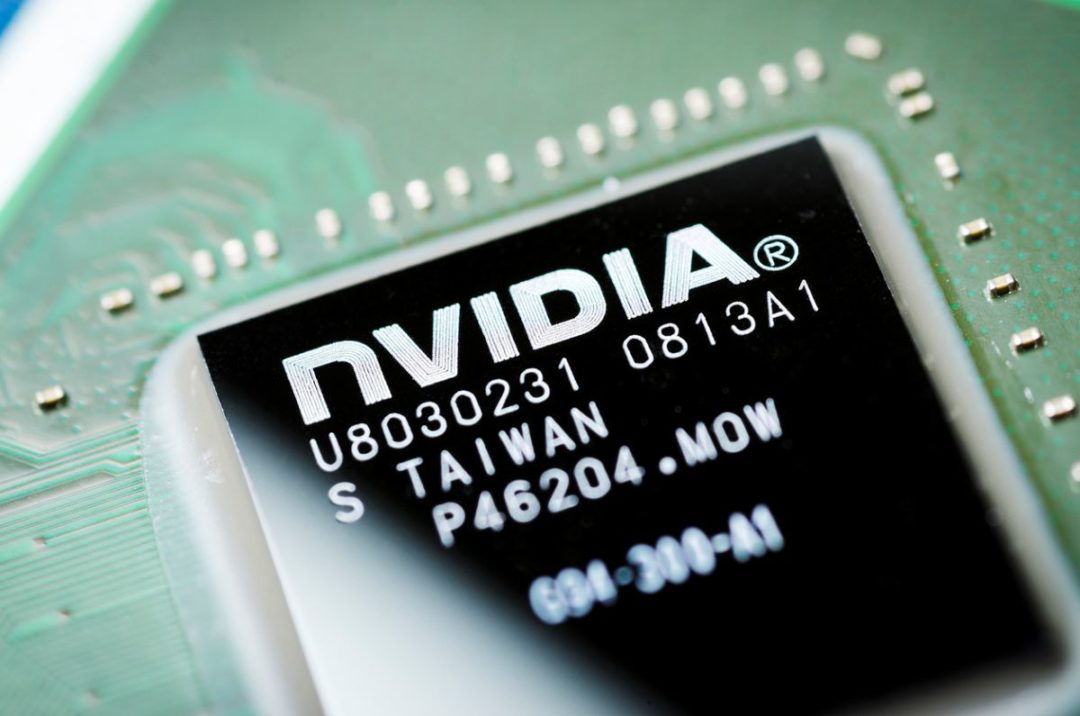The US has broadened its restrictions on Nvidia’s artificial intelligence chips, extending beyond China to include certain countries in the Middle East.
Nvidia, valued at $1.2 trillion, disclosed in a regulatory filing this week that the export limits pertain to its A100 and H100 chips, which are crucial for accelerating machine-learning tasks in prominent AI applications like ChatGPT.
The company indicated that these restrictions are not expected to have an “immediate material impact” on its financial performance but did not specify which Middle Eastern countries are affected.
AMD, Nvidia’s competitor in the industry, has also received a notice with similar restrictions.
Nvidia stated: “During the second quarter of fiscal year 2024, the US government informed us of an additional licensing requirement for a subset of A100 and H100 products destined for certain customers and regions, including some countries in the Middle East.”
Sales of A100 and H100 chips are already prohibited in China and Russia. This latest extension of trade restrictions represents a further escalation of the Biden administration’s strategy to limit Beijing’s access to advanced AI technology.

Last August, Nvidia was instructed by US officials to halt exports of these chips to China. The rationale behind the new export rule was to mitigate the risk of these products being used for “military end use” or by “military end users” in China.
In October, the US introduced additional export controls aimed at preventing China from acquiring certain semiconductor chips produced globally with US equipment.
Senior US officials explained that many of these regulations are designed to prevent foreign companies from selling advanced chips to China or supplying Chinese firms with technology to manufacture their own advanced chips.
Without access to chips from companies like Nvidia and AMD, Chinese organizations will find it challenging to perform advanced computing tasks such as image and speech recognition effectively.
Jensen Huang, Nvidia’s CEO, cautioned in May about potential “enormous damage” to the US tech industry if the trade restrictions with China persisted.
In an interview with the Financial Times, Huang remarked, “If [China] can’t buy from the United States, they’ll just build it themselves. So the US has to be careful. China is a very important market for the technology industry.”
Earlier this month, Nvidia reported quarterly revenue of $13.5 billion, exceeding predictions by $2 billion.







Leave a Reply